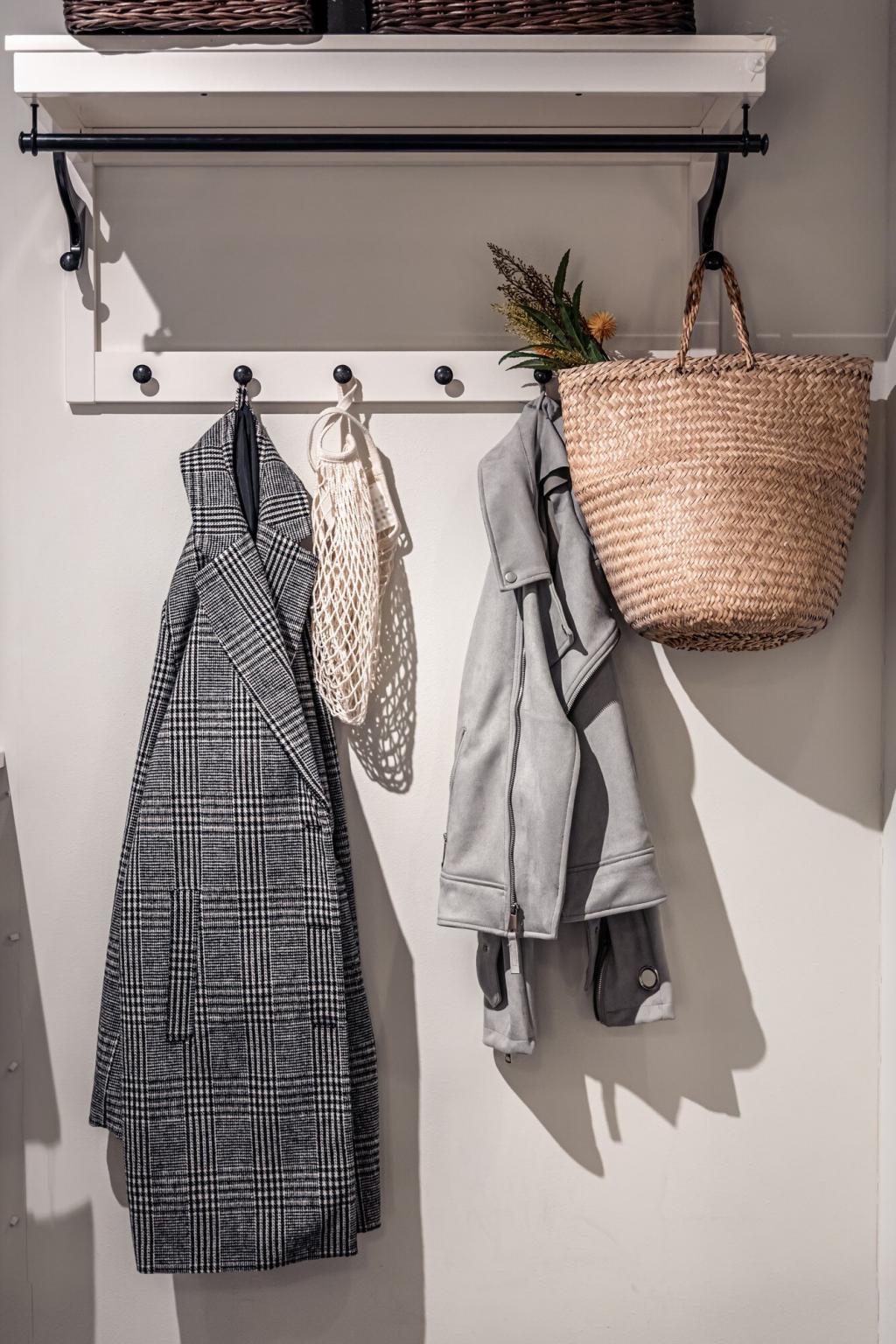Eco-Friendly Summer Wardrobe Essentials
Creating a sustainable and stylish summer wardrobe is more than just a fashion statement—it’s a commitment to the planet and a proactive step towards innovative living. As the weather warms up, prioritizing eco-friendly materials, ethical production methods, and timeless styles can help reduce your environmental impact while keeping you comfortable and chic. Thoughtful choices not only lessen the burden on landfills and waterways but also support brands working for a cleaner, greener future. Dive into the essentials of building a conscious closet this summer, and discover how looking great can align seamlessly with doing good.
Breathable Organic Fabrics for Hot Days
01
Organic cotton t-shirts have become a staple in any eco-conscious summer wardrobe. Unlike conventional cotton, organic cotton is produced without toxic pesticides or synthetic fertilizers, making it safer for farm workers, local communities, and the environment at large. These t-shirts often feature simple, classic designs that never go out of style, ensuring they are versatile enough for layering or standing alone. Look for brands that use certified organic fabrics with transparent supply chains. Over time, you’ll notice that organic cotton remains softer and more durable even after many washes, reducing your need to replace pieces frequently and minimizing textile waste.
02
Hemp is known for its exceptional durability and breathability, making it an ideal fabric for summer shorts and skirts. The plant requires little water to grow and naturally resists pests, eliminating the need for chemical treatments harmful to both the earth and the people working the fields. Hemp fibers get softer with each wash, offering increased comfort without losing their structure or style. When you choose hemp shorts or skirts, you’re not just selecting an understated yet fashionable garment—you’re supporting sustainable agriculture and reducing your wardrobe’s overall environmental footprint.
03
Bamboo has quickly risen in popularity due to its sustainability and luxurious feel. Bamboo plants grow rapidly, absorb more carbon dioxide than most trees, and thrive without the use of pesticides or fertilizers. Clothing made from bamboo blends offers a silky smooth touch, exceptional moisture-wicking properties, and natural antimicrobial benefits—perfect for hot, humid days. Bamboo fabrics also tend to be hypoallergenic, making them ideal for sensitive skin. Integrating bamboo t-shirts, tank tops, or flowy dresses into your summer collection ensures you stay comfortable, fresh, and eco-conscious throughout the season.
Accessories with a Conscience
Upcycled Tote Bags
Upcycled tote bags transform discarded materials such as old textiles, sails, or denim into functional fashion statements. These bags reduce waste destined for landfills by giving materials a second life and require significantly less energy to produce than virgin products. Not only are they sturdy and unique, but many upcycled totes are handmade by artisans, supporting small communities and fair labor practices. An upcycled bag can become a conversation starter, showcasing your values and encouraging others to consider the journey behind their accessories.


Wooden or Bamboo Sunglasses
While plastic sunglasses contribute to pollution and take centuries to decompose, wooden or bamboo alternatives provide a stylish and eco-friendly upgrade. Craftspeople use sustainably harvested wood or fast-growing bamboo to create lightweight, durable frames that biodegrade much more easily than plastic when disposed of. Many brands prioritize non-toxic finishes and lens materials, ensuring that your sunglasses are safe for both you and the environment. Sporting bamboo or wooden sunglasses not only protects your eyes from summer rays but also showcases your commitment to minimizing single-use plastics.
Ethically Made Swimwear and Beachwear
Recycled Polyester Swimsuits
Swimwear made from recycled polyester, often sourced from post-consumer plastic bottles or discarded fishing nets, is at the forefront of eco-friendly innovation. Utilizing waste materials not only diverts plastic from ending up in landfills or oceans but also reduces the need for virgin petroleum. These swimsuits are designed with durability and performance in mind, ensuring you enjoy full freedom of movement whether you’re swimming laps or lounging poolside. Recycled polyester offers vibrant colour retention and resistance to chlorine, saltwater, and sunlight, promising summers full of conscious comfort and style.
Fair Trade Beach Cover-Ups
A fair trade label on beach cover-ups means that every piece has been produced with respect for people as well as the environment. Artisans are paid fairly, work under safe conditions, and use locally sourced, sustainable materials whenever possible. Cotton, linen, or even tencel are commonly chosen for their breathability and low impact. Fair trade cover-ups come in a variety of styles, from airy kaftans to relaxed kimonos, allowing you to transition effortlessly from sand to street. By choosing fair trade, your dollars support social equity and environmental stewardship across the textile supply chain.
Sustainable Flip-Flops and Sandals
Traditional flip-flops are often made of non-biodegradable, petroleum-based plastics, which contribute to pollution long after their lifespan ends. Eco-friendly alternatives use materials such as natural rubber, recycled plastics, or plant-based foams to create comfortable and durable summer footwear. Some innovative brands even reclaim discarded flip-flops from beaches to craft new pairs. Sustainable sandals combine ergonomic design with low-impact materials and ethical manufacturing, keeping your feet (and conscience) cool during all your summer adventures. Each step moves you closer to a circular, less wasteful wardrobe.
